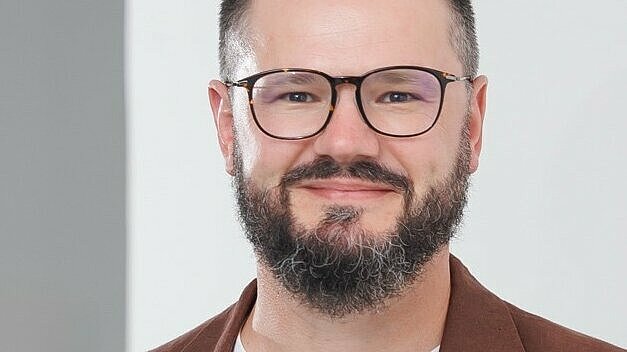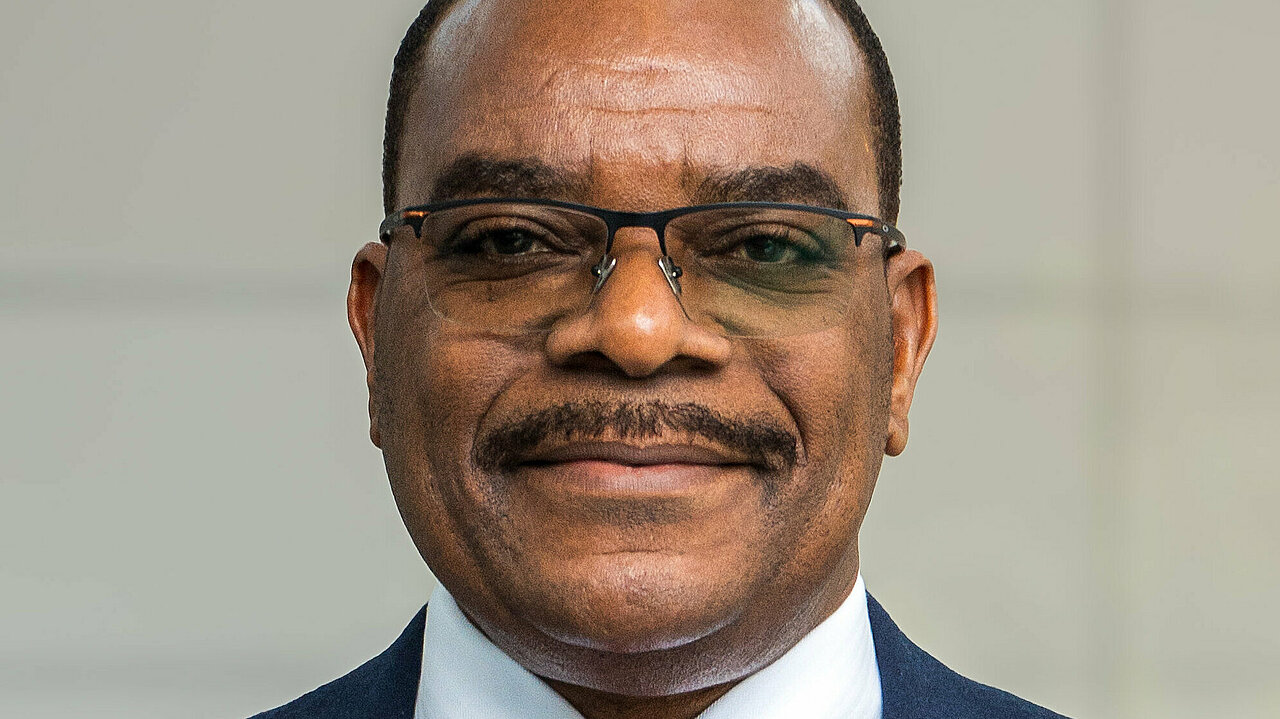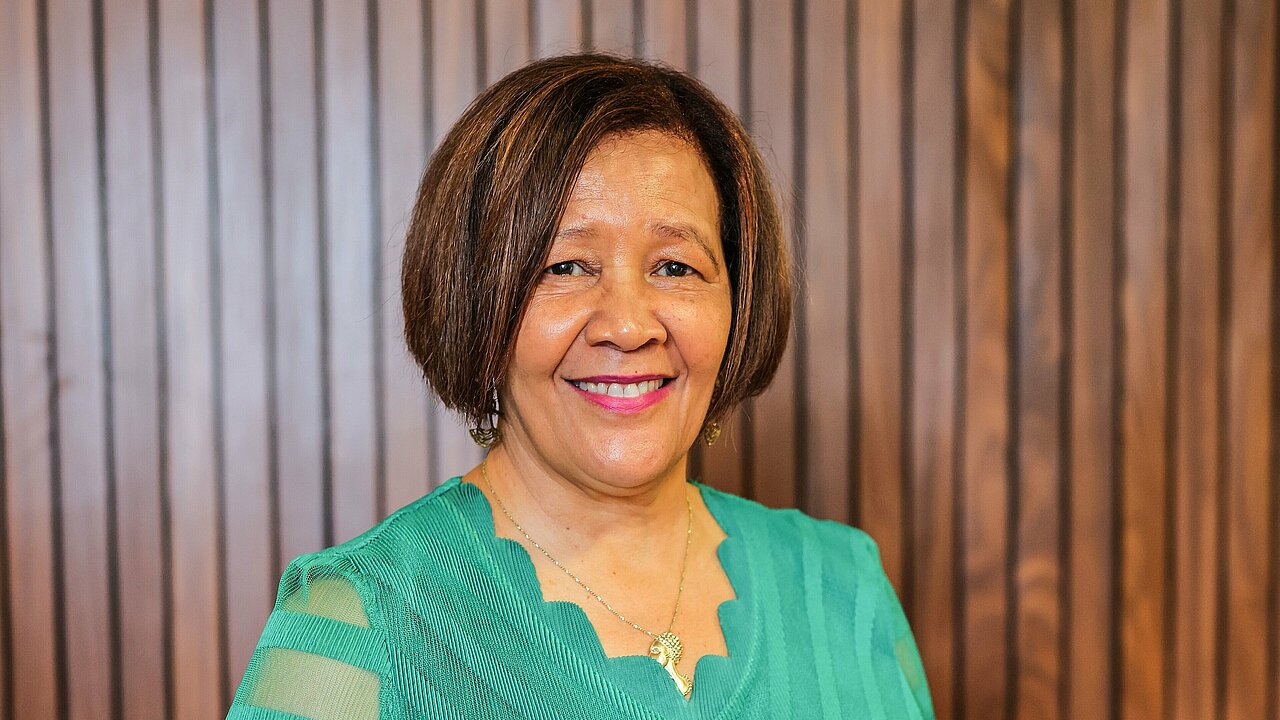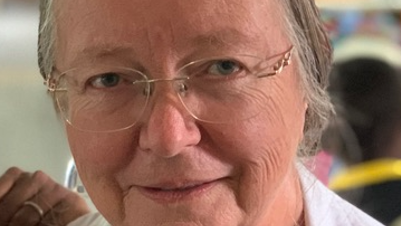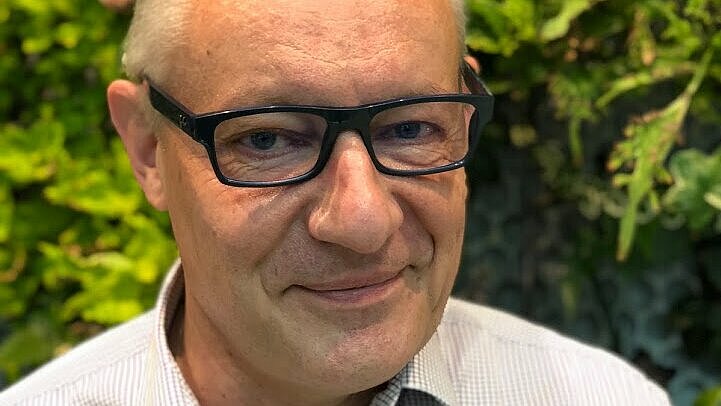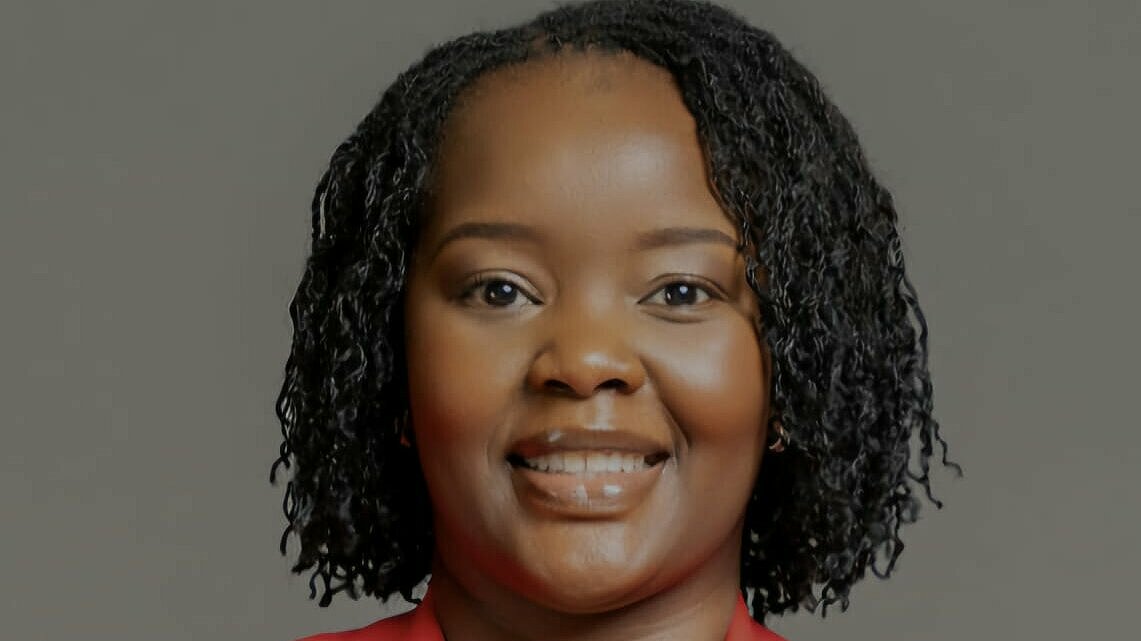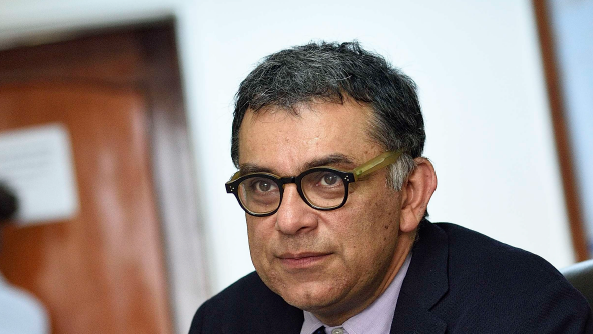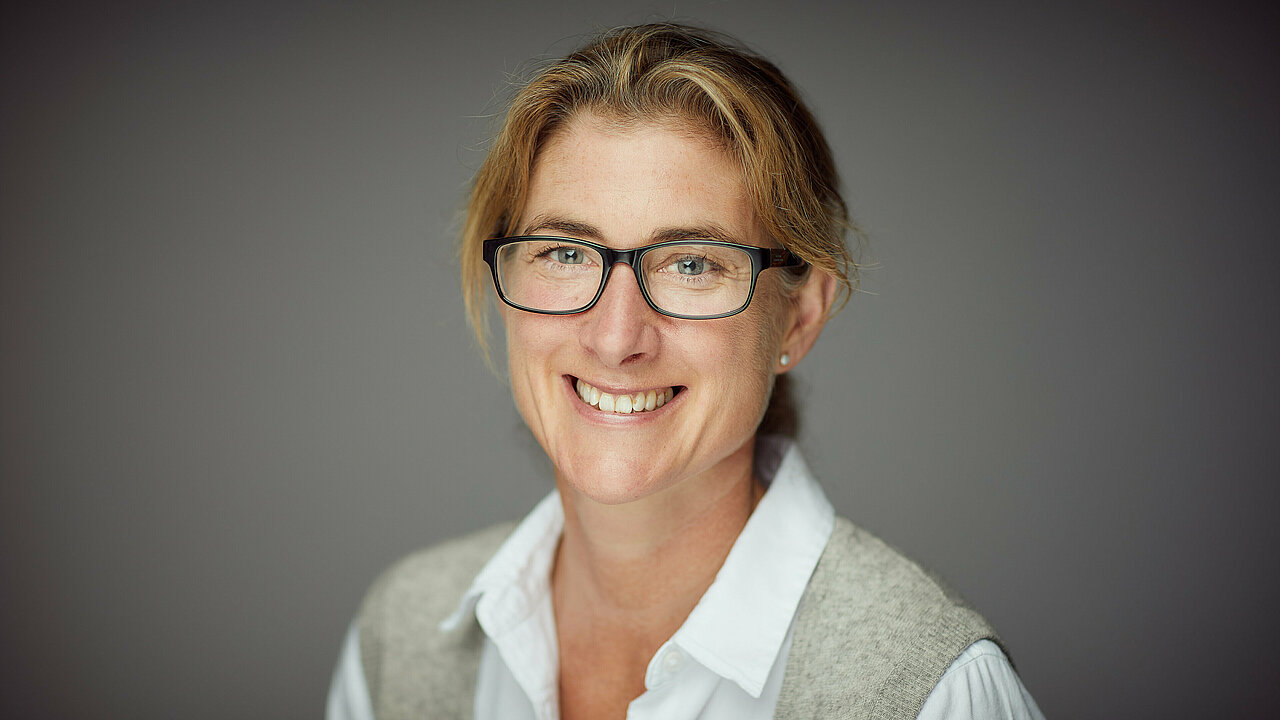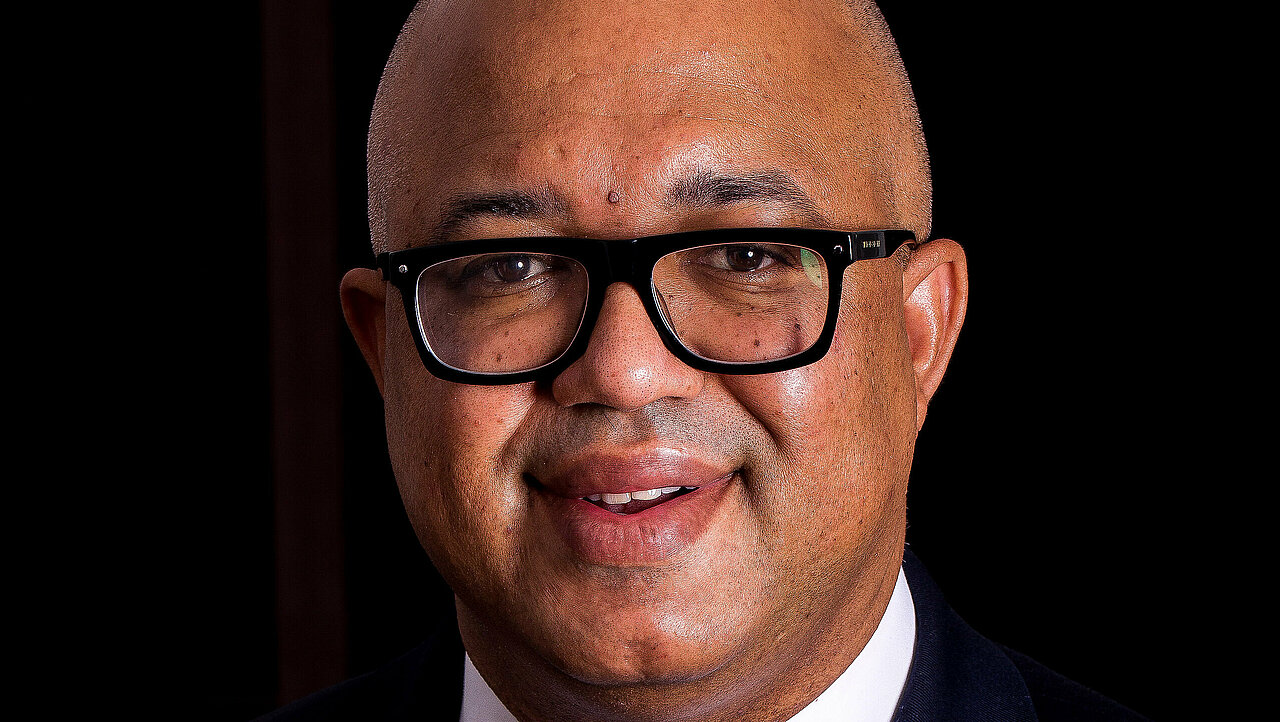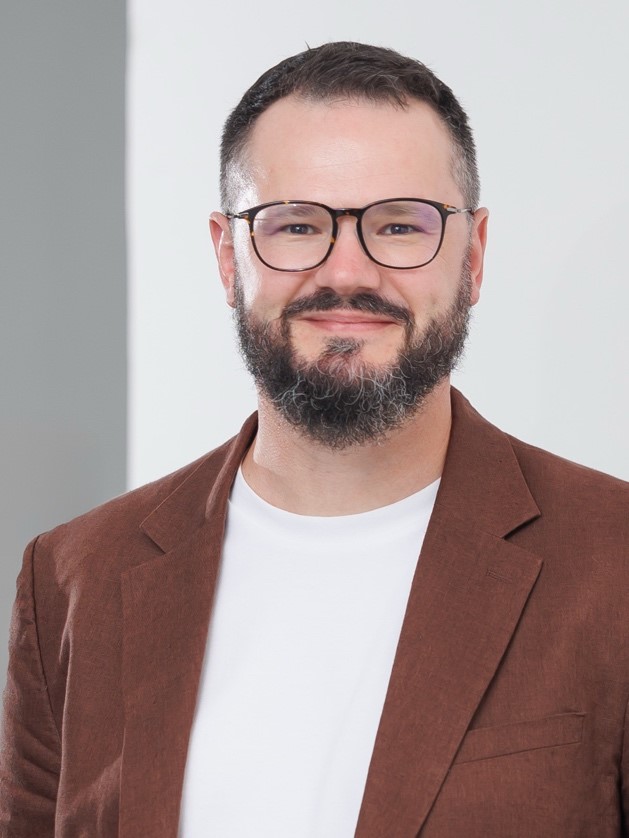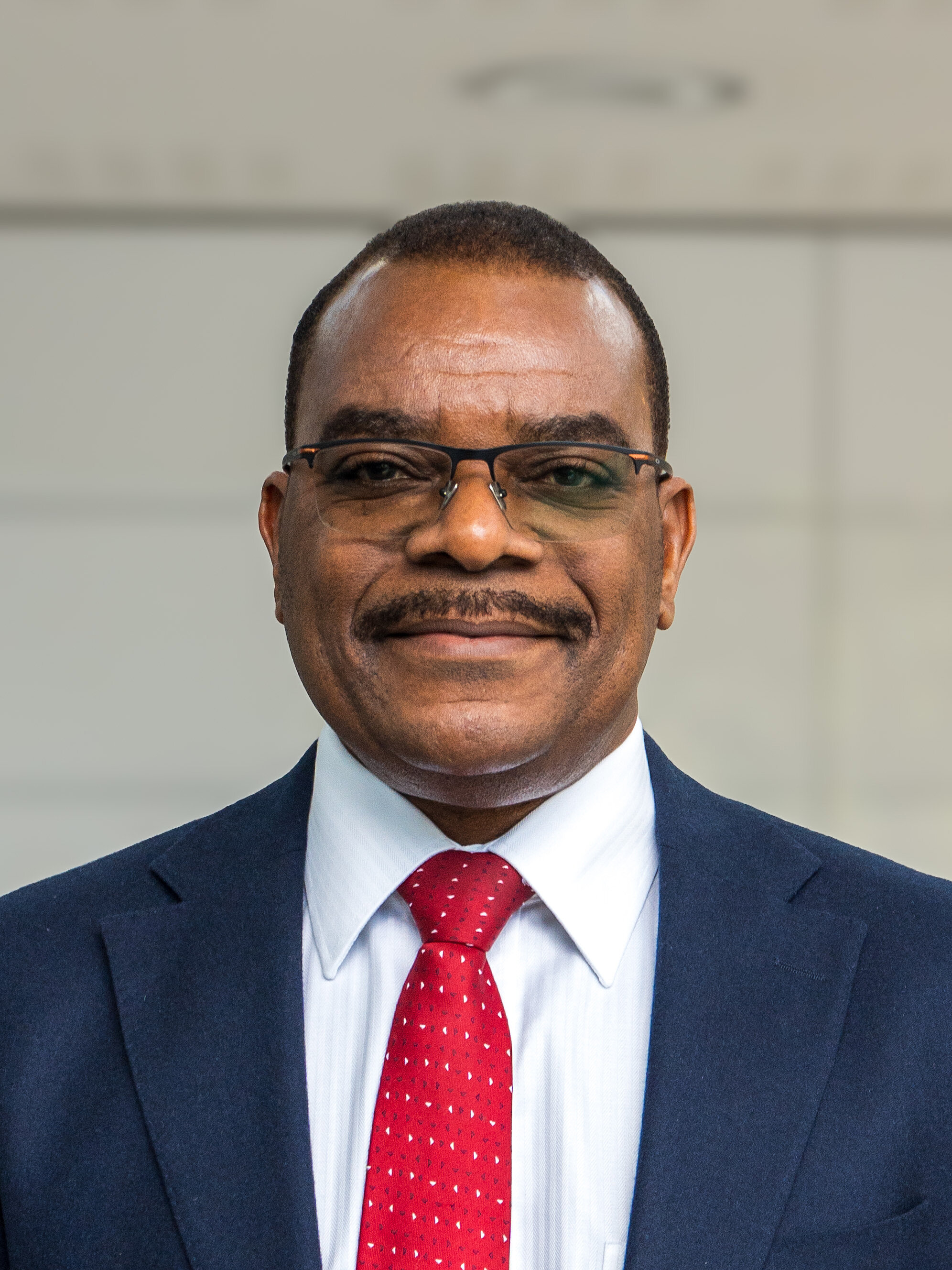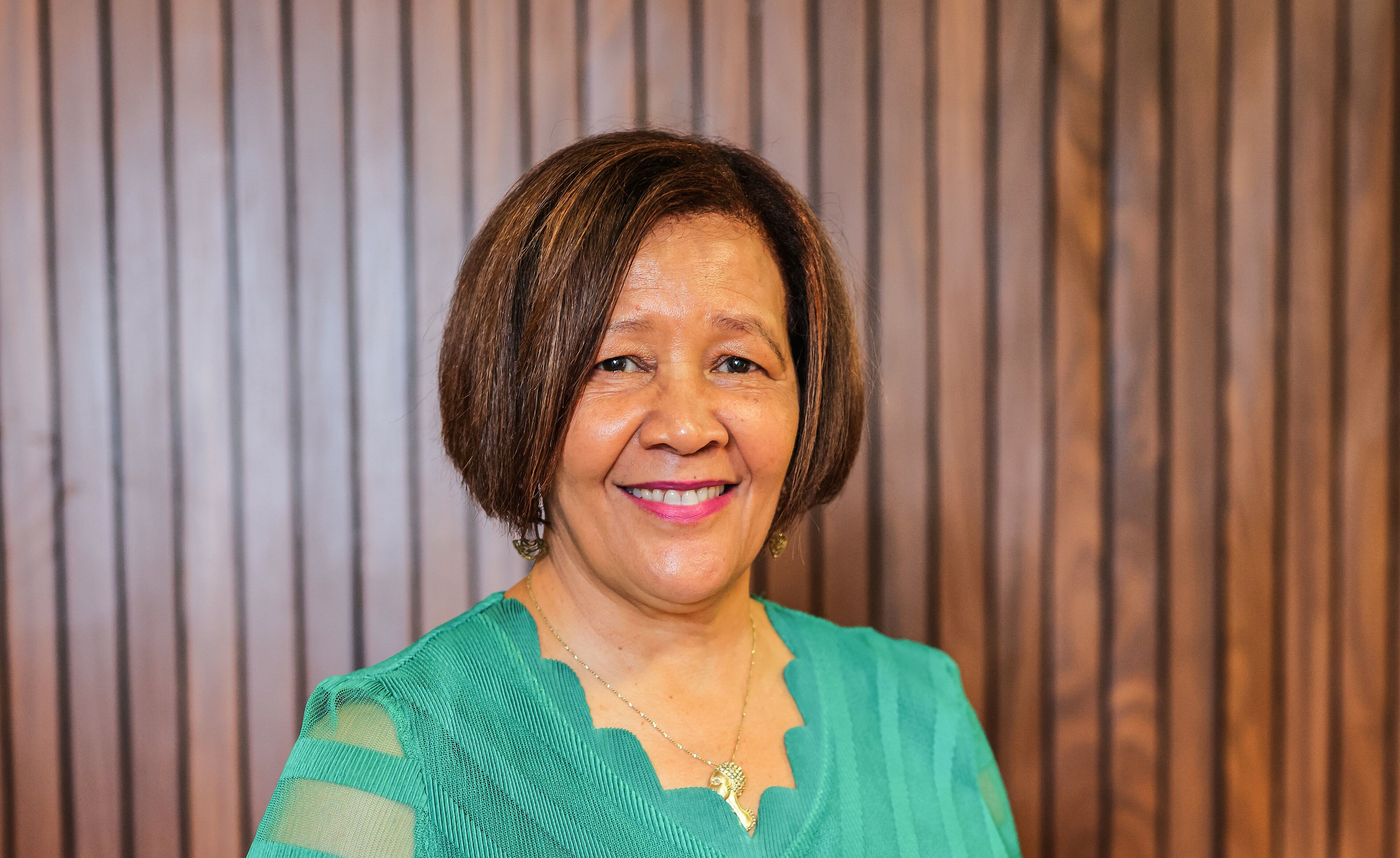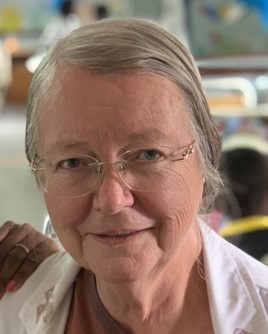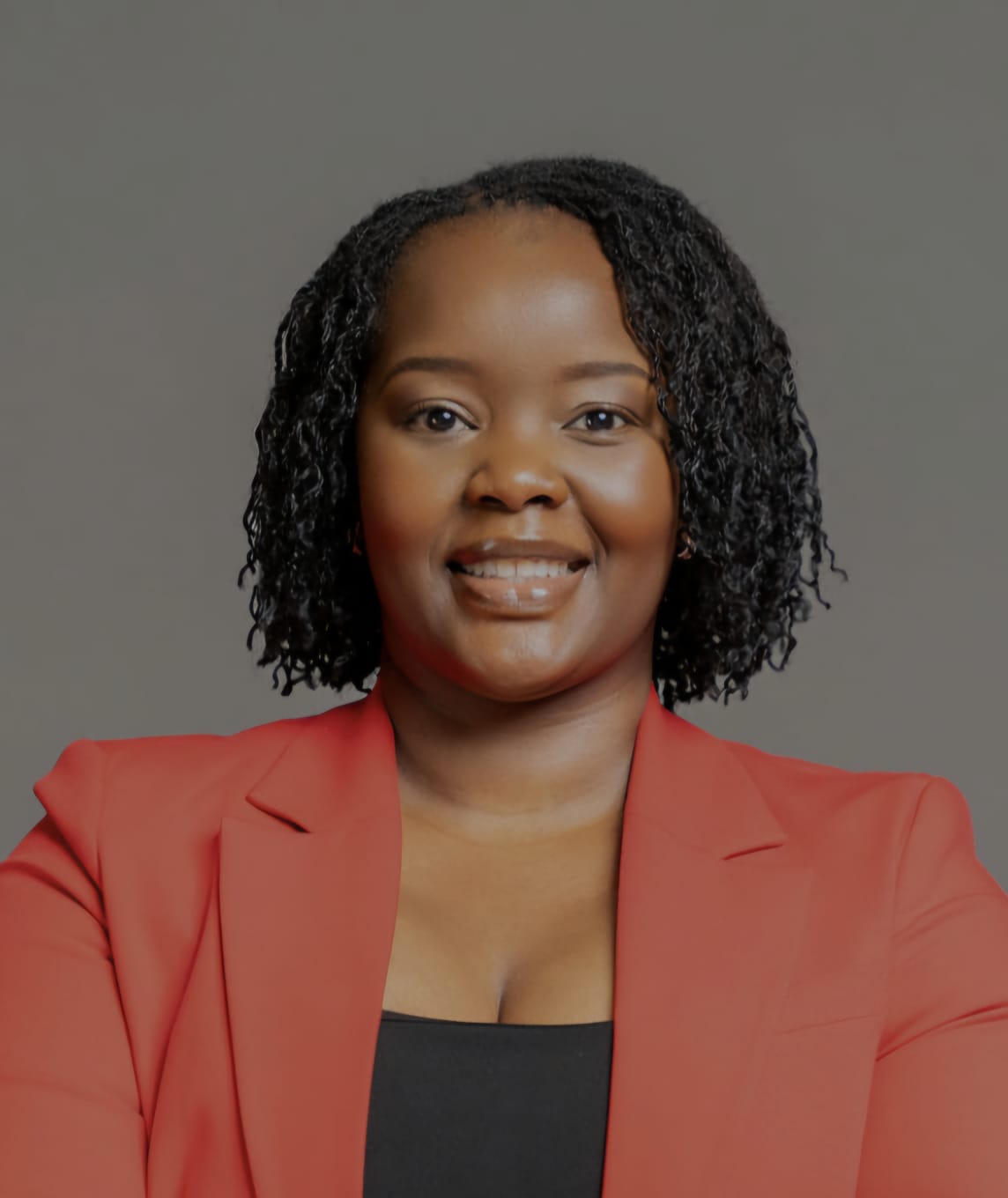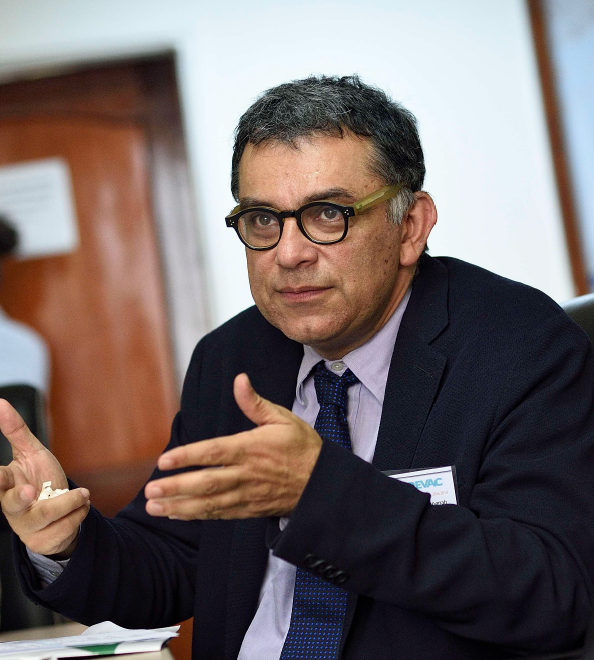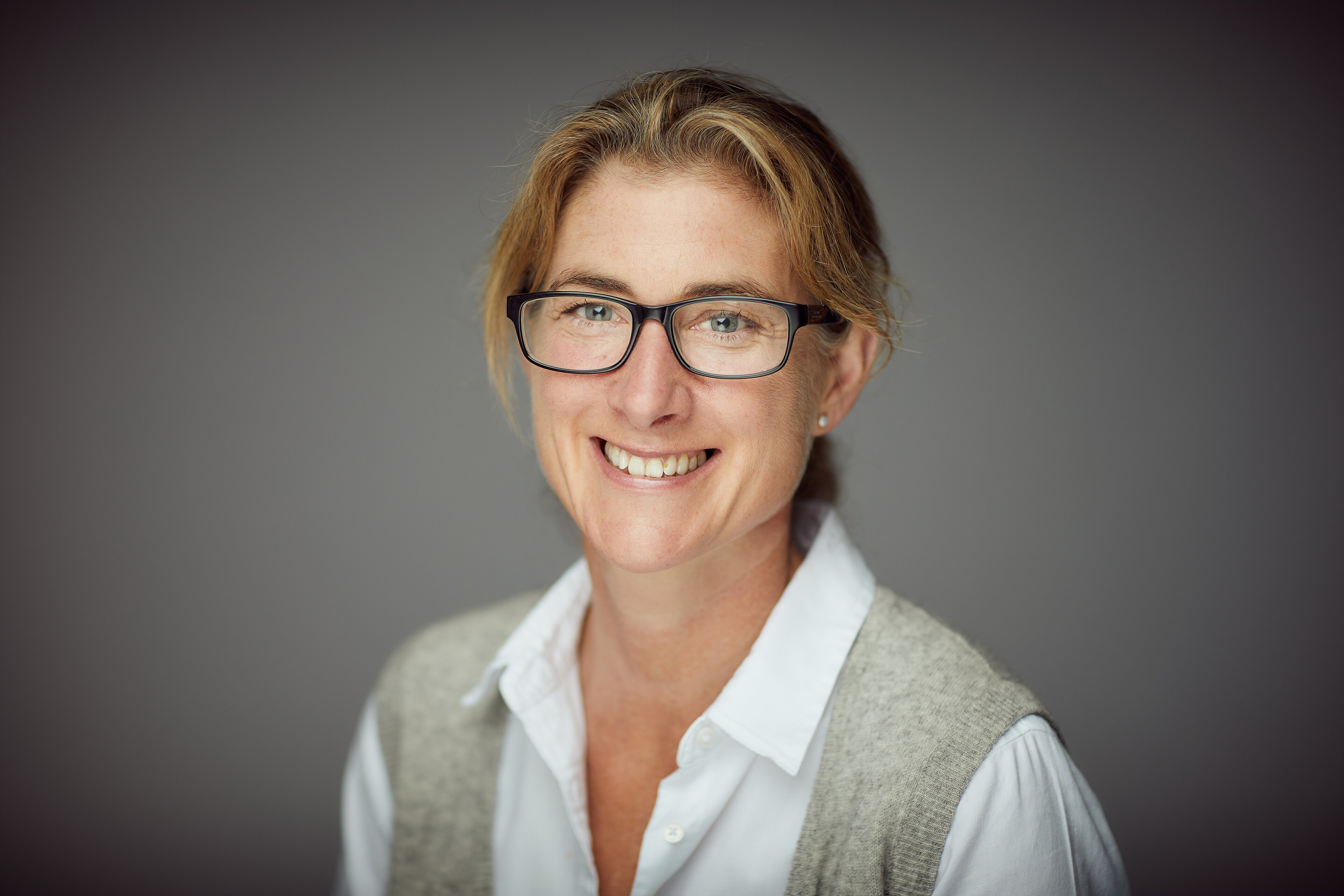Title: The Future of Global Public Health: Building Resilient and Sustainable Health Systems Together
Short abstract:
The next era of global public health will be defined by strong national leadership and the ability of countries to shape their own health security agendas. The rise of national public health agencies worldwide offers a powerful opportunity to translate evidence-based science into decision-making resulting into action closer to communities. Yet, as health emergencies become more frequent, complex, and transboundary, this leadership must be reinforced with sustained domestic investment and strategic coordination across national, regional, and global levels. At the same time, WHO will continue to leverage its unique role as global convenor—bringing countries and partners together, setting evidence-based standards, and supporting implementation where it matters most. Only through such collaboration can we ensure that progress in public health is not merely scientific, but also structural—anchored in national systems that are resilient, responsive, and equitable.
Biosketch:
Dr Chikwe Ihekweazu is Executive Director of the WHO Health Emergencies Programme, where he leads the Organization’s global preparedness for and response to health emergencies, including disease outbreaks and humanitarian crises, across WHO’s three levels.
He previously served as Acting WHO Regional Director for Africa and Assistant Director-General for the Division of Health Emergency Intelligence and Surveillance Systems, including the WHO Hub for Pandemic and Epidemic Intelligence in Berlin.
A trained infectious disease epidemiologist, Dr Ihekweazu has held leadership roles in public health agencies across Africa and Europe. Most notably, he served as the founding Director General of the Nigeria Centre for Disease Control (NCDC) from 2016 to 2021, where he played a central role in strengthening Nigeria’s public health infrastructure. He also held leadership roles at the South African National Institute for Communicable Diseases, the UK Health Protection Agency, and Germany’s Robert Koch Institute.
Dr Ihekweazu holds a medical degree from the University of Nigeria and a Master of Public Health from Heinrich Heine University in Düsseldorf, Germany. He is a Fellow of the UK Faculty of Public Health and an alumnus of the European Programme for Intervention Epidemiology Training. He has authored over 200 peer-reviewed publications and received an Honorary Doctor of Science from the Liverpool School of Tropical Medicine.
